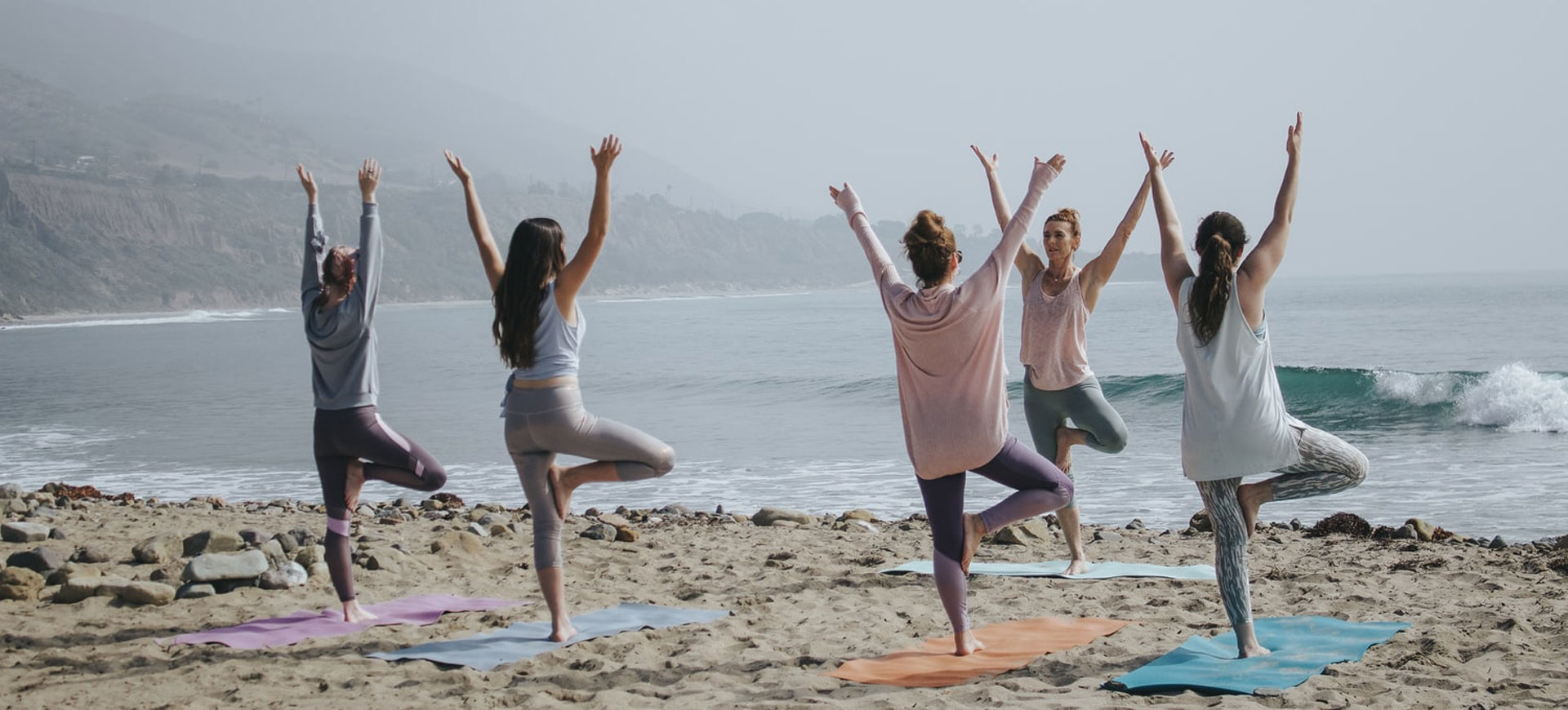
The Power of Testimonials for Growing Your Studio
Yoga teachers and studios always need to draw in new students. New clients are vital in any sustainable business model; because even if you have the most loyal student base on the planet, some of them will leave for one reason or another.
Testimonials make people who’ve never met one of your other students feel like they’ve received a personal recommendation.
New students also enable your teaching business to grow. It goes without saying that growth is important for your bank balance. But it’s also important for you—whether you’re an independent teacher or a studio owner, expanding your offerings and building your professional practice will help you to keep falling in love with your work over and over again.
Yoga is very personal for its practitioners. It’s about their minds, their bodies, and their wellbeing. So people want to go to a class with a teacher they trust, and in a venue that makes them feel good. Word of mouth is one of the most powerful marketing tools for yoga teachers; but testimonials make people who’ve never met one of your other students feel like they’ve received a personal recommendation.
What is a testimonial, exactly?
A testimonial for a yoga class, teacher, or studio, is a statement about their personal experience. It’s usually provided by a previous or current student in writing—although video testimonials are even more effective.
Generally, a testimonial is one or two brief paragraphs in which the student says what they think of the class/teacher/studio. Positive testimonials can be included on all kinds of marketing materials to give potential new students a sense of what to expect; and to build trust, by letting them know that other people have enjoyed, and benefitted from, their experience with you.
Here’s an example of a simple yoga class testimonial:
I’ve been coming to Sam’s classes for 6 months, and I love them! Each class is energising yet totally calming, and there’s always something new to learn. Sam is an attentive and intuitive teacher who adapts every pose to work for everyone in the room. And that room…what an inspiring, welcoming space to practise in.
What makes a good testimonial?
All positive testimonials are good. But the best ones (the ones you’ll want to use on your website, email marketing, flyers, and stick on the mirror in your bathroom to make you feel good on a rough day) are heartfelt and informative. They come from students who attend your classes regularly and have really begun to feel the benefits in their daily life; and they’re completely genuine.
Luckily, these kind of testimonials are also the easiest to get—because students who love your classes are almost always keen to support you. For that reason, don’t be afraid to ask directly for testimonials from your regulars; it might feel uncomfortable, but the chances are they’ll be happy to help.
A good written testimonial is just one or two paragraphs long. Too short is…well, too short, but too long will put readers off. It might describe why they started coming to your classes, or whether they had any experience in yoga beforehand; what they enjoy the most, and what they’ve learnt; how your classes make them feel; what they like about the teaching style; and even the overall atmosphere of your studio and community.
A good video testimonial is short and snappy (but can be longer in terms of words than a written testimonial). Depending on how you approach collecting video testimonials, it could be filmed on the students’ smartphone and sent to you; or if you have the budget, you could arrange a filming day and invite students for a brief slot to have their testimonial filmed professionally.
Smart-phone-filmed testimonials should not be underestimated. They’re actually often more personal, more relaxed (because the person isn’t in a studio with lights shining on them and strangers looking at them), and work really well for social media marketing campaigns.
How do you get testimonials from your students?
The short answer is: Ask!
And be clear about what you’re asking for.
You could ask by email, or face-to-face at the start of class. Asking students personally and directly is much more effective than putting an open call out to an email list or social media following. So if you do send an email, make it personalised with the student’s name, and if possible, a personalised note about how much you appreciate their presence in class.
In your email (or in a follow-up email if you do ask face-to-face), include some bullet points to define what you’re asking for and give some inspiration on where to start.
For example, your bullet points might be:
- One or two short paragraphs is plenty—no need to spend hours on it!
- If you’re not sure where to start, here are some inspiration-questions:
1. Why did you choose this class/teacher/studio?
2. What have you learnt from your classes?
3. How does this class make you feel?
4. What the best benefits you experience from your practice?
- Please be aware that your testimonial may be used online—on our website, social media, and other marketing material.
- If you’re making a video testimonial, it’d be great if you could keep it under 1 minute. Don’t worry if you don’t have a proper camera—your smartphone is fine!
And finally, not all feedback has to glow…
Not all testimonials are positive. It’s important that they’re honest, but there’s no need for you to publish criticism or complaints on your website and marketing materials.
When you ask for testimonials, you have the perfect opportunity to also ask for constructive feedback. A simple note along the lines of “It’d be great to know if there’s anything you think could be improved, too—so if you have any constructive feedback alongside your testimonial, please do drop me a message or catch me after class."
Use that feedback to improve your teaching or studio.
And use the testimonial to help your business grow!






